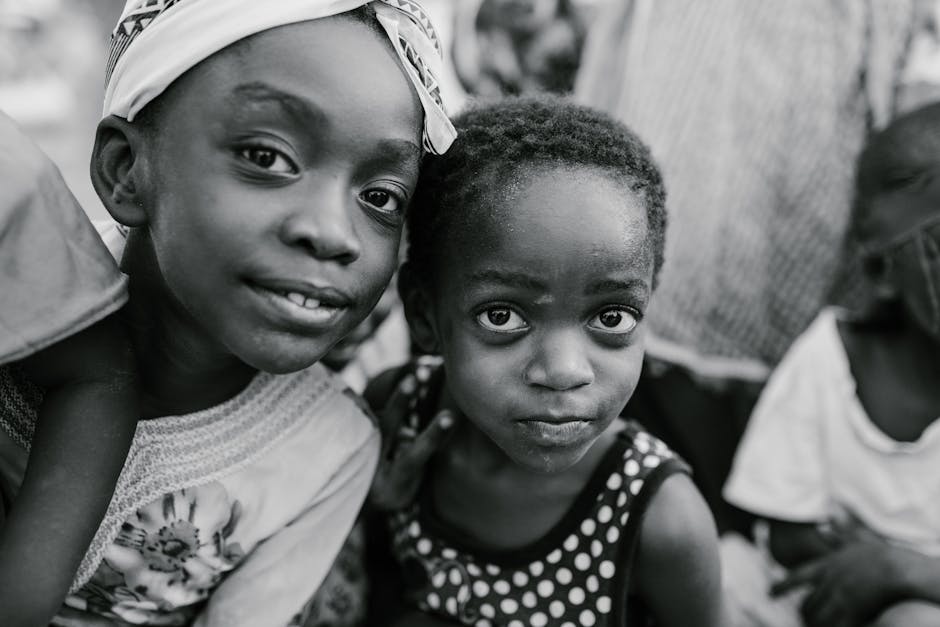
Indigenous Languages and Their Importance
Native languages spoken by indigenous communities hold immense cultural and historical value. They are more than just a means of communication; they are a vital part of a community's identity, heritage, and worldview. Unfortunately, many of these languages face the risk of extinction due to various socio-cultural factors.
Preserving indigenous languages is crucial to maintaining the diversity and richness of global cultural heritage. These languages often contain unique vocabularies, encompassing deep knowledge of the natural environment, traditional practices, and spirituality. Linguists and anthropologists emphasize the significance of language in understanding a community's way of life.
Indigenous languages also serve as a bridge to the past, carrying the collective wisdom of generations. They embody traditional stories, folklore, myths, and oral histories that provide valuable insights into early civilizations, their struggles, triumphs, and wisdom. The loss of these languages would mean losing profound cultural knowledge and a connection to ancestral roots.
To combat language endangerment, various initiatives are working towards revitalizing and promoting indigenous languages. These efforts include establishing language immersion programs, developing comprehensive language documentation projects, creating online language-learning resources, and supporting local communities in preserving and transmitting their languages to younger generations.
Preserving indigenous languages is not only a matter of cultural preservation but also holds immense social, educational, and cognitive benefits. Studies have shown that bilingualism or multilingualism helps individuals enhance cognitive skills, problem-solving abilities, and cultural empathy. It fosters a more inclusive society where diverse perspectives are acknowledged and respected.
The importance of indigenous languages extends beyond their respective communities; it is a collective responsibility to appreciate, support, and celebrate language diversity. By valuing and actively engaging with indigenous languages, we can contribute to a more inclusive and equitable world.
